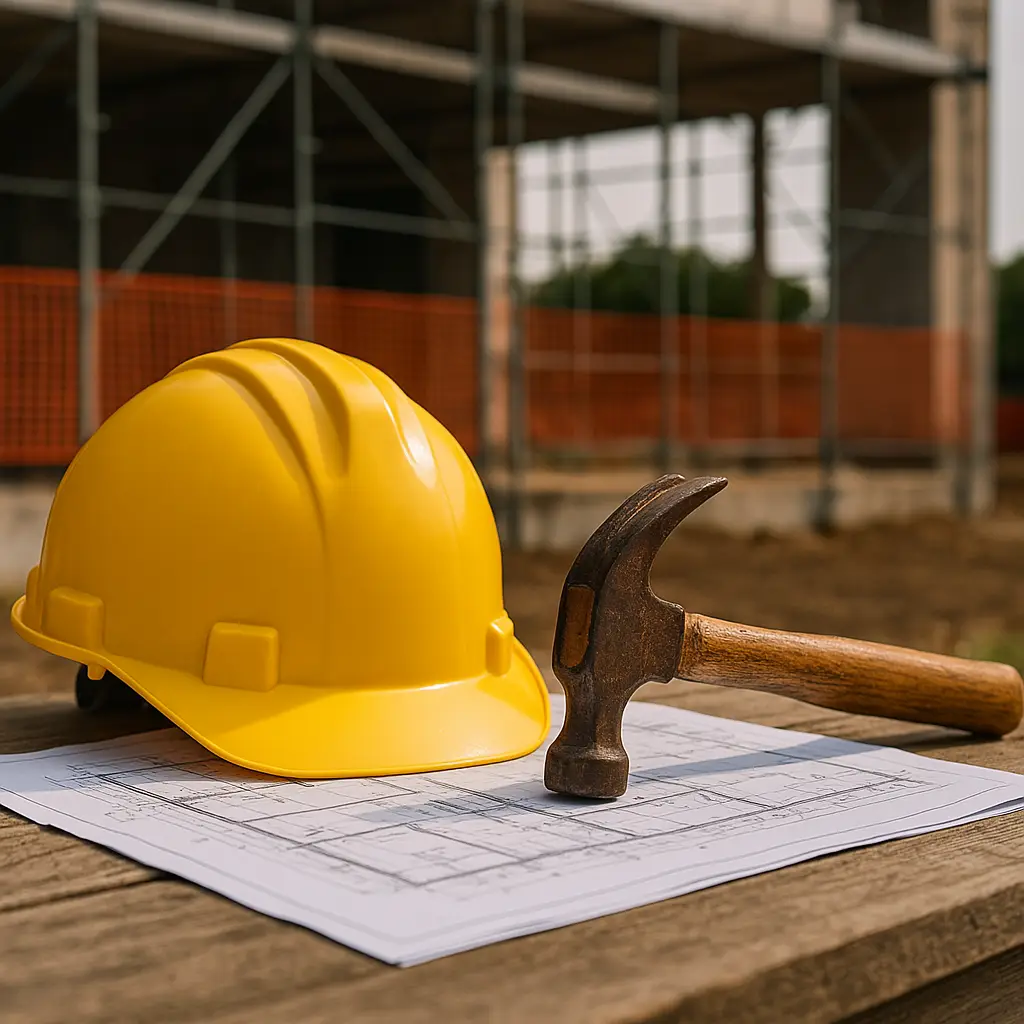What Contractors, Property Owners, and Developers Need to Know
Construction liens are powerful tools—but also legal minefields. If you’re a contractor, subcontractor, supplier, developer, or property owner in Florida, chances are you’ll deal with a construction lien dispute at some point. Whether you’re trying to enforce your right to payment or remove a lien that doesn’t belong, understanding the process is critical.
This guide breaks down what you need to know about Florida construction lien disputes—how they arise, how to resolve them, and how to protect your rights.
🧱 What Is a Construction Lien?
A construction lien (also called a mechanic’s lien) is a legal claim filed against real property by someone who provided labor, services, or materials for improvement of the property—and was not paid.
Under Chapter 713, Florida Statutes, lien rights are available to:
- Licensed contractors and subcontractors
- Material suppliers
- Laborers
- Architects, engineers, and design professionals
Once recorded, a lien can cloud title to the property, hinder sales or refinancing, and escalate disputes quickly.
⚠️ How Lien Disputes Arise
Common causes of lien disputes include:
- Disagreements over scope of work or change orders
- Non-payment or partial payment for services or materials
- Project delays or default
- Allegations of defective work
- Disputes over whether work was “properly authorized”
- Improper or fraudulent lien filings
- Failure to follow statutory deadlines and procedures
Whether you’re disputing a lien or defending one, your rights and options are driven by strict statutory rules—and missing a step could cost you your case.
📋 Lien Enforcement Deadlines (For Claimants)
If you’re asserting lien rights, Florida law requires strict compliance with timelines:
✅ 1. Notice to Owner (NTO)
- Must be served within 45 days of first furnishing labor/materials
- Applies to all lienors except those with a direct contract with the owner
- Must be sent via certified mail or personally served
✅ 2. Claim of Lien
- Must be recorded within 90 days of last furnishing
- Must include accurate property description, amount claimed, and claimant info
- A copy must be served on the owner within 15 days of recording
✅ 3. Lien Foreclosure Lawsuit
- Must be filed within 1 year of recording the lien
- The deadline can be shortened if the owner files a Notice of Contest (60 days) or a Complaint to Show Cause (20 days)
🏗️ How Property Owners Can Dispute or Remove a Lien
If you’re an owner or developer and a lien has been filed on your property, you may have valid defenses or grounds to remove it:
❌ 1. Challenge Lien Validity
Common reasons liens are invalid:
- Lienor wasn’t properly licensed
- Lien filed outside the deadline
- Inflated or fraudulent lien amounts
- Lien includes work not performed or materials not delivered
- Improper or missing Notice to Owner
⚖️ 2. File a Notice of Contest of Lien
- Reduces the lienor’s deadline to file suit from 1 year to 60 days
- Recorded with the Clerk and served on the lienor
📣 3. Serve a 20-Day Summons to Show Cause
- Forces the lienor to justify the lien’s validity in court within 20 days
- Failure to respond can result in lien discharge
💰 4. Post a Transfer Bond
- Allows you to “transfer” the lien from the property to a surety bond
- Often used when a lien is delaying closing or refinancing
🔍 Handling Disputes Over Lien Amounts
Even valid liens may be inflated or inaccurate. Florida law allows you to:
- Challenge the amount of the lien in court
- Claim the lien is fraudulent if it willfully exaggerates or includes charges not legally lienable
- Seek damages, attorney’s fees, and lien discharge under F.S. § 713.31
Courts take fraudulent liens seriously—but simple errors or good faith disputes usually aren’t enough to invalidate a lien completely. That’s why careful documentation and legal review are key.
💡 Tips to Prevent and Resolve Lien Disputes Early
For Contractors and Subcontractors:
- Serve your NTO on time—even on small projects
- Keep detailed records of all work performed and materials delivered
- Use clear written contracts and approved change orders
- Bill clearly and regularly
- If unpaid, consult an attorney before filing a lien to ensure compliance
For Owners and Developers:
- Require conditional and unconditional lien waivers with payments
- Monitor NTOs and retain copies
- Verify contractor license status and insurance
- Don’t ignore lien notices—act quickly
- Work with a construction attorney to resolve disputes before they escalate
👨⚖️ Why Hire a Florida Construction Attorney
Whether you’re filing, enforcing, disputing, or removing a lien, the laws are strict—and procedural mistakes can ruin your case. A Florida construction attorney can help you:
- Evaluate lien rights or defenses
- Draft or respond to a Claim of Lien
- Serve or contest Notices
- Litigate fraudulent or invalid lien claims
- Transfer liens to bond
- Negotiate payment or release resolutions
At Douglas Law Firm, we represent contractors, owners, developers, and subcontractors in lien disputes across Florida—quickly, effectively, and with your business goals in mind.
📞 Get Experienced Help With Your Lien Dispute
Lien disputes are time-sensitive. Don’t wait to protect your rights or resolve a bad situation.
📌 Contact Douglas Law Firm today to speak with a Florida construction attorney and get practical legal guidance on filing or fighting a construction lien.
SEE RELATED CONTENT

